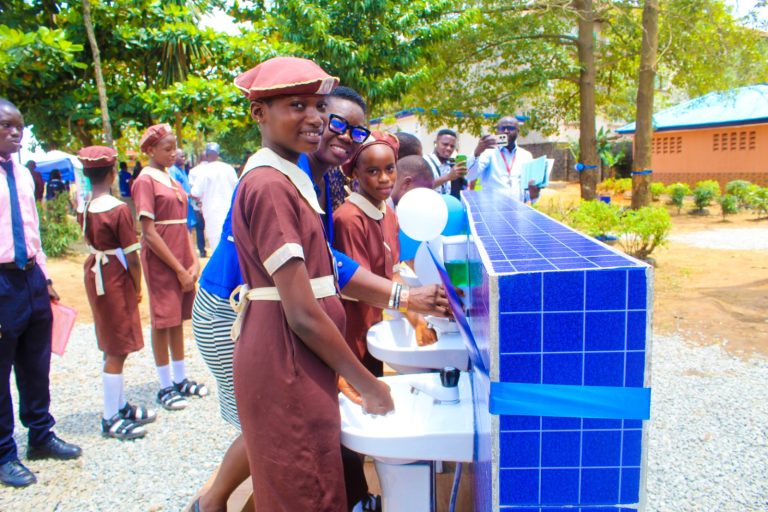A Geologist in the Federal Ministry of Water Resources and Sanitation, Mr Utake Oghenetejiri has called for enhanced coordination in implementing Water, Sanitation and Hygiene (WASH) interventions in emergency situations in the country.
He made the call on the sidelines of the ongoing WASH in Emergency Working Group workshop in Enugu on Thursday.
Oghenetejiri, the ministry’s Principal Geologist, stressed the importance of coordination within technical working groups, citing challenges arising from poor coordination among WASH state officials.
According to him, the challenges of inadequate coordination have been a persistent issue, hampering progress and hindering the effective utilisation of resources.
He said as the year unfolded, the ministry identified the pressing need to develop a robust work plan to guide their efforts, saying coordination between all stakeholders is a key factor in making funds accessible for addressing annual work plan.
Reflecting on the history of the national emergency Technical Working Group, he said it became evident that coordination issues have consistently been a stumbling block.
“Despite engaging in activities and making progress, the year-end review reveals that coordination challenges persist.
“The WASH in Emergency Technical Working Group, designed to bring various stakeholders together to address WASH issues, faces difficulties in securing consistent funding from government and partners.
“In light of recent developments in funding, the ministry underscores the importance of coordination to optimise the use of limited resources.”
Oghenetejiri called for united front among sector partners to ensure effective division of functions and clear direction in addressing challenges in the water and sanitation sector.
Recognising federal support, he emphasised the crucial role of robust state-level initiatives in the WASH sector, given their proximity to local challenges, making them primary responders.
“The hope is that this year’s work plan, with a renewed emphasis on coordination, will lead to tangible results and a more effective response to the pressing issues in the WASH domain.”
UNICEF WASH Specialist, Enugu Field Office, Mr Ebri Ibor, said preparedness should be the watchword for all stakeholders in the WASH in emergency sector.
According to him, states are expected to have their Emergency Preparedness Plan already in place and implemented, and not when cholera outbreak occurred.
Ibor said this should include prepositioning of supplies to limit mortality and reducing the spread of the disease, saying this should be comprehensive and multi-sectorial.
The WASH specialist also included community engagements and risk communication strategies involving key media players.
According to data from the Nigeria Centre for Disease Control and Prevention (NCDC), 84 deaths were recorded from cholera, from January to August 27, 2023.
The NCDC said 2,860 people were suspected to have been infected with the disease.
In Nigeria, cholera is an endemic and seasonal disease, occurring annually mostly during the rainy season and more often in areas with poor sanitation.


